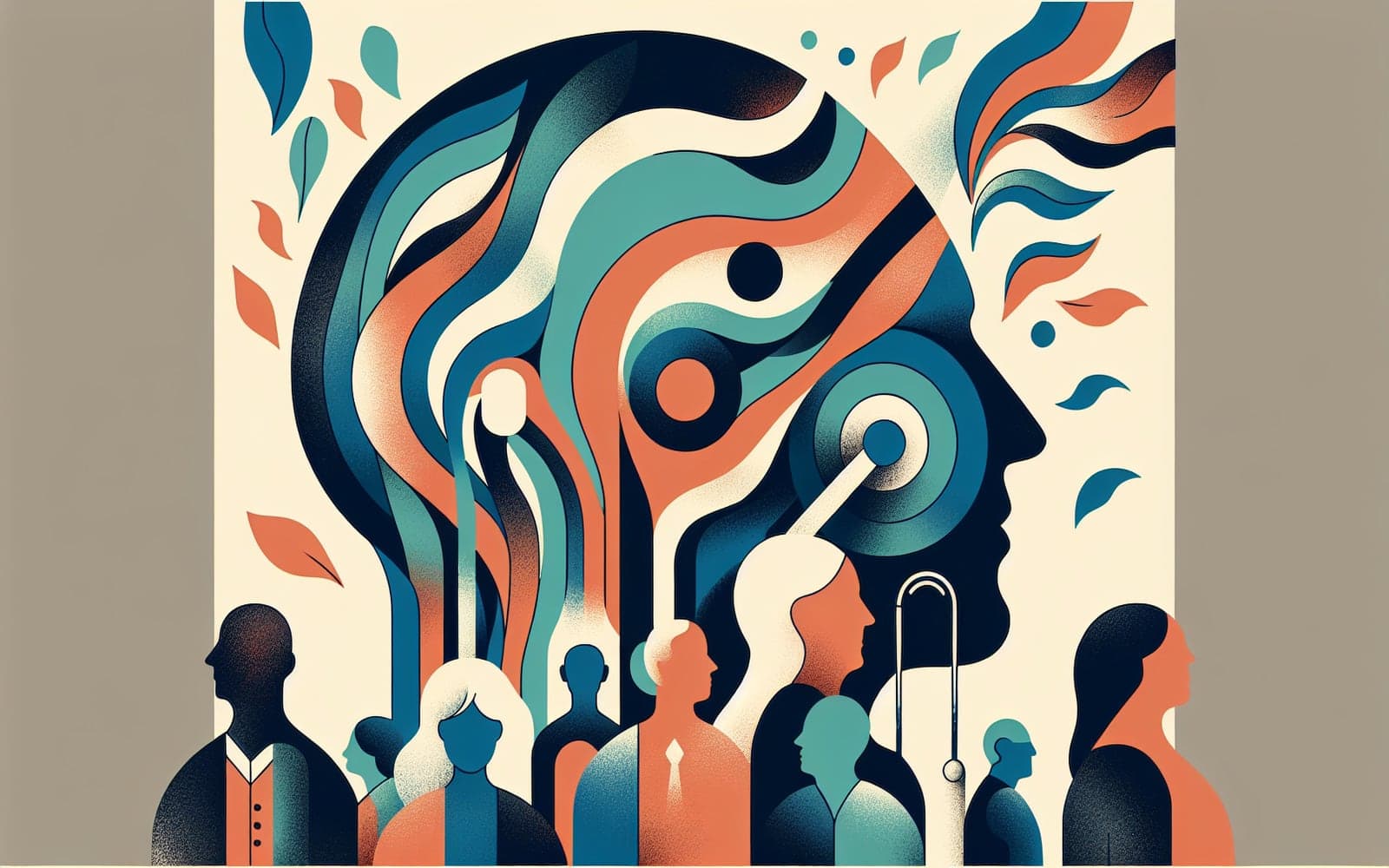Beyond Devices: Other Therapies for Age-Related Hearing Loss
Published: Dec 01, 2023

Medically reviewed by Alan Lucks | MD, Alan Lucks MDPC Private Practice - New York on December 1st, 2023.
While hearing aids and cochlear implants are crucial tools for managing age-related hearing loss, they're not the only options. A range of therapies and strategies can help people cope with hearing loss and improve their quality of life.
Contents
Auditory Rehabilitation
Auditory rehabilitation is a key component of hearing loss treatment. This therapy helps people make the most of their remaining hearing and any hearing devices they use. It can include exercises to improve speech recognition, strategies for better communication, and counseling to address the emotional aspects of hearing loss. Many people find that auditory rehabilitation helps them adjust to hearing aids more quickly and effectively.
Assistive Listening Devices
In addition to hearing aids, there are many other devices that can help people with hearing loss. These include amplified telephones, doorbell signalers that use lights or vibrations, and personal sound amplification products (PSAPs) for specific situations. FM systems, which transmit sound directly to hearing aids or other receivers, can be particularly helpful in noisy environments or for watching TV. Closed captioning on TVs and video content is another valuable tool.

Communication Strategies
Learning and using effective communication strategies can significantly improve daily life for people with hearing loss. These might include positioning yourself to see the speaker's face, reducing background noise when possible, and asking for clarification when needed. For friends and family of those with hearing loss, strategies like speaking clearly (but not shouting), facing the person when speaking, and ensuring good lighting can all help.
Frequently Asked Questions
Some may help, but more research is needed.
It can be, especially if hearing loss is severe.
It may improve your ability to process what you hear.
Yes, many apps offer amplification or captioning features.
Key Takeaways
Managing age-related hearing loss often requires a combination of strategies and therapies tailored to each individual's needs.
Want to explore all your options for managing hearing loss? Chat with Doctronic to learn about therapies that might work for you.Related Articles
References
Boothroyd A. Adult aural rehabilitation: what is it and does it work? Trends Amplif 2007; 11:63.
Kricos PB. Hearing assistive technology considerations for older individuals with dual sensory loss. Trends Amplif 2007; 11:273.
This article has been reviewed for accuracy by one of the licensed medical doctors working for Doctronic. Always discuss health information with your healthcare provider.

